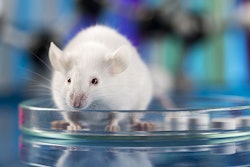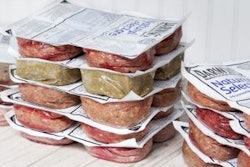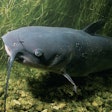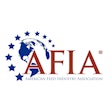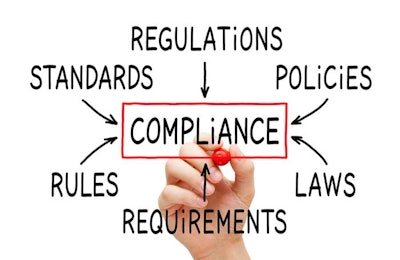
Obtaining "Generally Recognized As Safe" (GRAS) status is one means by which an ingredient can be considered acceptable by the U.S. Food and Drug Administration (FDA) for use in pet foods. This method was established under the Food Additives Amendment of 1958. Over 60 years later, the Association of American Feed Control Officials (AAFCO) is pondering the regulatory status of some types of GRAS ingredients. AAFCO has coined the term "Independent Conclusions of GRAS" (ICG) to characterize these substances and has put together a working group to deliberate on how they should be handled, regulatory-wise.
Determining a GRAS ingredient
A determination of an ingredient as GRAS is materially different from a Food Additive Petition or an AAFCO Feed Ingredient Definition in that it is the sponsor, not an authoritative body, that reaches the conclusion that an ingredient meets the standard. However, there are means by which the sponsor can get government to effectively buy-in; i.e., to tacitly agree if not formally approve.
The previously established GRAS Affirmation process, which was handled by FDA similarly to a Food Additive Petition, was replaced with the GRAS Notification process in 2010 by FDA's Center for Veterinary Medicine. So, the current procedure allows the sponsor of a GRAS pet food ingredient to voluntarily inform FDA of its conclusions along with a summary of the information it used in that determination. FDA doesn't formally "approve" the notice or in any way expressly agree with the sponsor, but assuming the substantiation is sufficient, FDA will stipulate that it has "no questions" as to the substance's GRAS status. AAFCO has established a list of substances that have received "no questions" letters and most state feed control officials have no issue.
To file or not to file a GRAS Notification
Nothing in FDA law actually requires a sponsor to file a GRAS Notification, though, and there may be very good reasons for a sponsor not to file a GRAS Notification. From a federal perspective, a pet food ingredient determined to be GRAS, even if the underlying basis for that conclusion was not shared with FDA (i.e., an ICG), is legally allowed to be included in a pet food under its intended conditions of use. If FDA thinks otherwise, it has to take legal steps to expressly demonstrate why that substance is not GRAS. Despite this federally acceptable status, many states will simply deny registration of pet food products containing ICGs out of hand.
A reason cited for this position is that there is a lack in confidence in the sponsor's ability or willingness to conduct a proper GRAS determination. It was cited that 56% of the GRAS Notifications for animal feed ingredients failed to receive a "no questions" letter from FDA. Actually, that pass point is a vast improvement over FDA's initial efforts, but still is woefully below the percentage of GRAS Notifications for human food ingredients that survive FDA scrutiny.
There has been significant criticism that FDA's review of animal feed GRAS Notifications has been unduly stringent and not in keeping with the requirements set forth by law. In any event, the sufficiency of ICGs is assumed to be low. As a result, an AAFCO working group has been charged with making recommendations to increase assurances of safety of ICGs.
Expert opinion: personal experience and recommendations
In my personal experience as a member of expert panels for a significant number of GRAS ingredients, the process a sponsor takes to determine an ingredient to be GRAS is very rigorous, regardless of whether the substance is to be subject to a Notification or is an ICG. Panels of experts with appropriate and diverse qualifications thoroughly review the scientific literature and scrutinize the supporting documentation before reaching a conclusion. Honestly, many times the evidence is less than convincing, and panelists are not shy in asserting that a proposed substance is not GRAS.
Still, AAFCO is not convinced, and some regulators feel that the expert opinions of ICGs require additional scrutiny. While the recommendations of the working group are pending, it is anticipated that some sort of re-review of the conclusions of the sponsor and/or evaluation of the qualifications of the persons responsible is needed. Exactly who would conduct those re-reviews is unclear (it is my understanding that FDA is not terribly interested in that prospect). Finding suitable and sufficiently qualified experts to reassess to conclusions of the sponsor's experts may prove difficult.
I would recommend that AAFCO not try to reevaluate ICGs. Rather, sponsors of ICGs can inform AAFCO of its conclusions, identify the experts used in that determination and provide an affidavit as to conformance with appropriate methodology as stipulated in FDA regulations and guidance. AAFCO could then list these substances in its Official Publication in a separate table just for ICGs, so the basis for the conclusion that the substance is GRAS is clear to all concerned parties.




